Age-Defying Secrets: 5 Stunning Benefits of Collagen Powder
Primal Edge Health participates in the Amazon Services LLC Associates Program and other affiliate programs and therefore, may collect a share of sales or other compensation from the links on this page. This comes at no additional cost to you, and all the prices and availability are accurate at the time of publishing.
You’ve probably heard the buzz on the benefits of collagen powder and wondered what all the hype is about. Collagen is making waves in the wellness industry for good reason, offering a range of potential benefits that can significantly impact your overall health and well-being.

However, just like any new supplement that trends, we must do our due diligence and dig deeper into its supposed benefits. In this guide, we’ll go over the potential benefits of collagen powder, how it can affect our daily lives, and if it’s the right choice for you.
Table of Contents (click to view)
What is Collagen Powder?
First, what is collagen? Collagen is the most common protein in the human body and helps build healthy tendons, ligaments, skin, and muscles. Think of it like the glue that holds everything together, providing strength and structure to various tissues.
In addition to eating foods high in collagen, you can supplement with powder. Collagen powder, or collagen peptides, is a dry portable powder you can add to your food or drinks. It is made from the bones and skin of animals, like cows or fish. Hydrolyzed collagen will dissolve in warm or cold liquid, which makes it easy to mix into a cup of coffee, tea, juice, or high-protein smoothie.
What Are The Potential Health Benefits of Collagen Powder?
This powerhouse of a supplement may impact skin health, joint function, and more. From enhancing your natural glow to supporting your body’s structural integrity, collagen powder might be valuable in your wellness routine.
May Promote Skin Health
Collage is fundamental in determining the skin’s elasticity and hydration. There is a natural decline in collagen that coincides with aging. Dry skin, wrinkles, and delayed wound healing increase in aging populations.
The good news is that, according to a 2019 study, just 3 to 10 grams of collagen per day could improve skin elasticity and hydration. These are key components for youthful, glowing skin that can help slow down the physical signs of aging.
I started using collagen powder and this is one of the benefits I first noticed. However, it works best in combination with other healthy beauty products like gluten-free makeup and beef tallow skin care.
Plus, collagen supplementation may help boost the skin rejuvenation effect of red light therapy, which also helps increase collagen production. You can undergo red light therapy at home or in a med spa for less than an hour, so it’s a great option for people who aren’t a fan of too-complicated beauty procedures.
May Strengthen Hair and Nails
Adding collagen powder to your diet may help maintain healthy hair and nails. The abundant protein found in collagen is crucial for the growth and strength of these body parts. Conclusions of a 2015 investigation note collagen could be a “potential therapeutic target for hair loss,” likely due to the relationship between collagen-rich hair follicle deposits and hair cycling.
Similarly, 2017 results show a “12% increase in nail growth rate and a decrease of 42% in the frequency of broken nails” after a six-month trial. While still incomplete, the mounting body of evidence supports this potential benefit of collagen powder.

May Support Joint Mobility
Collagen powder can be beneficial in supporting joint mobility and relieving pain because it supports connective tissues like cartilage. Cartilage is a rubber-like tissue that protects joints and tends to decrease with age.
Fortunately, inspiring results indicate collagen supplementation could be a complementary therapy for preventing and treating osteoarthritis and reducing joint pain. A meta-analysis review concluded that collagen supplementation effectively improves arthritic symptoms by decreasing stiffness and pain.
“As I age, my skin has become less bright and my joints less flexible. Adding collagen through supplements and bone broth has helped with how my body looks and feels. It fits perfectly into my low-carb lifestyle as well.”
— Trina Krug, Trina Krug
May Prevent Bone Loss
Collagen may also contribute significantly to bone strength and density. Low bone density and a higher risk of fractures are the signature symptoms of osteoporosis, which, according to a 2021 review, affects about “40% of women aged 80 and two-thirds of women aged 90 years”.
Intentionally supplementing collagen powder may reduce bone breakdown and loss of bone mineral density. A 2014 study focused on a group of postmenopausal women with osteopenia taking calcium and vitamin D supplements with 5 grams of collagen daily for 12 months. Results showed that supplementing drastically reduced degeneration and improved mineral density and related blood biomarkers. Another study from 2018 of the same duration further supports the claim that supplementing with collagen powder benefits bone health by regenerating bone mineral density.
However, it’s important to recognize that collagen supplementation is not a single solution to bone loss or osteoporosis. While collagen powder can potentially help increase bone density, other interventions are still necessary, such as strength training and dietary modifications. Talk to your doctor about ways you can increase bone health, especially if you’re over 50.
May Protect and Build Muscle Mass
Another great benefit of collagen powder is that it may help protect and build muscle mass. Collagen is the most common protein in the body and essential for skeletal muscle, which are the muscles that connect to your bones and allow you to perform various movements and functions.
Muscle loss is another effect of age-related collagen reduction. In a 2015 study on elderly men experiencing muscle loss, incorporating collagen powder in combination with resistance training improved body composition and increased muscle strength.
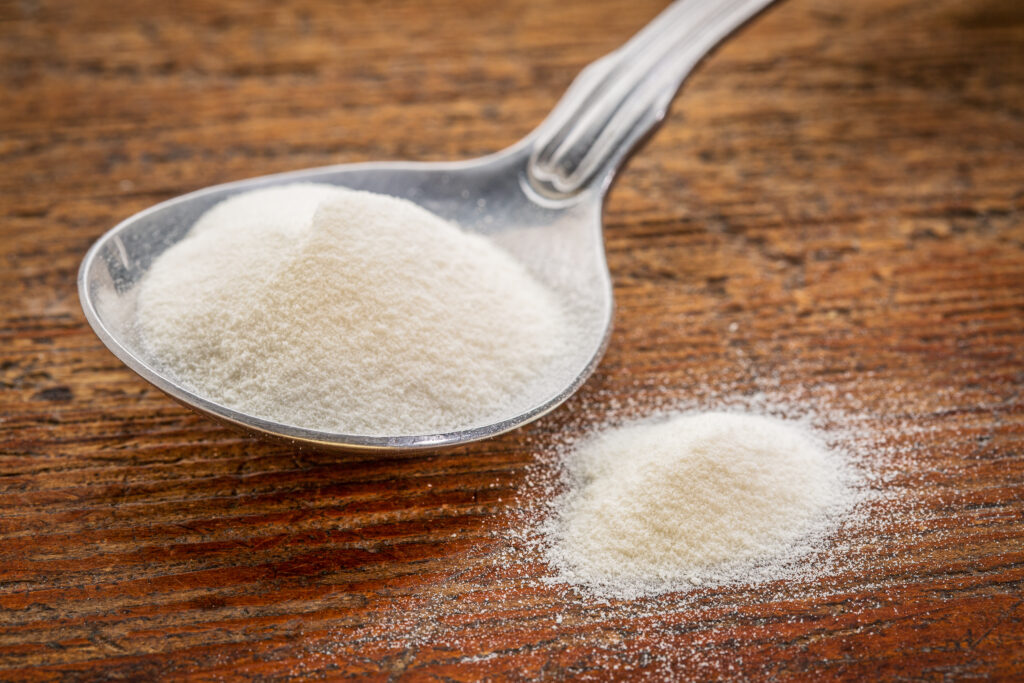
What are the Potential Side Effects and Risks of Collagen Powder?
If you have existing health conditions or are pregnant or nursing, you must speak with a healthcare professional before using collagen supplements. It’s also important to consult your healthcare provider if you have known food allergies before starting collagen supplementation.
Be aware of the potential side effects and allergic reactions. According to Versus Arthritis, minor side effects of taking collagen may include:
- Heavy feeling in your stomach
- Mild diarrhea
- Rashes
Collagen supplements do not cause significant health risks or side effects in most adults. Nevertheless, stop taking collagen if you notice unusual symptoms and talk to your doctor immediately.
Can Diet Impact Collagen Levels?
Incorporating nutrient-dense foods into your daily meals can help maintain healthy collagen levels within your body. The key is knowing which foods to prioritize.
Including foods rich in vitamin C, such as oranges, strawberries, and bell peppers, facilitates collagen production. Moreover, protein-rich foods like chicken, fish, beans, and eggs provide the necessary amino acids for synthesizing new collagen fibers.
Bone broth is known for its high concentration of collagen-boosting nutrients like proline and glycine. You can easily supercharge a bone broth latte with an extra scoop of collagen powder.
Final Thoughts
Now that you know the benefits, potential side effects, and dietary factors influencing collagen levels, it’s time to take action. Consider speaking with your doctor and integrating collagen powder into your daily regimen.
Whether you’re looking to improve your skin’s appearance, support joint function, or boost muscle mass, harnessing the power of collagen could be a transformative step towards a healthier and more vibrant you. The potential benefits of collagen powder might be the missing key to unlocking your overall health and well-being.
Portions of this article originally appeared on Food Drink Life.
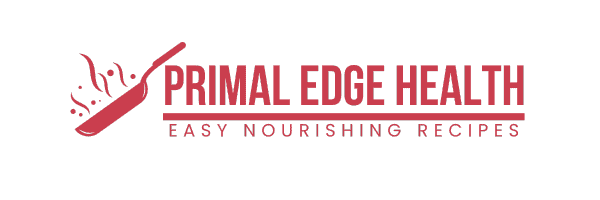
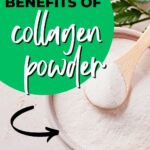

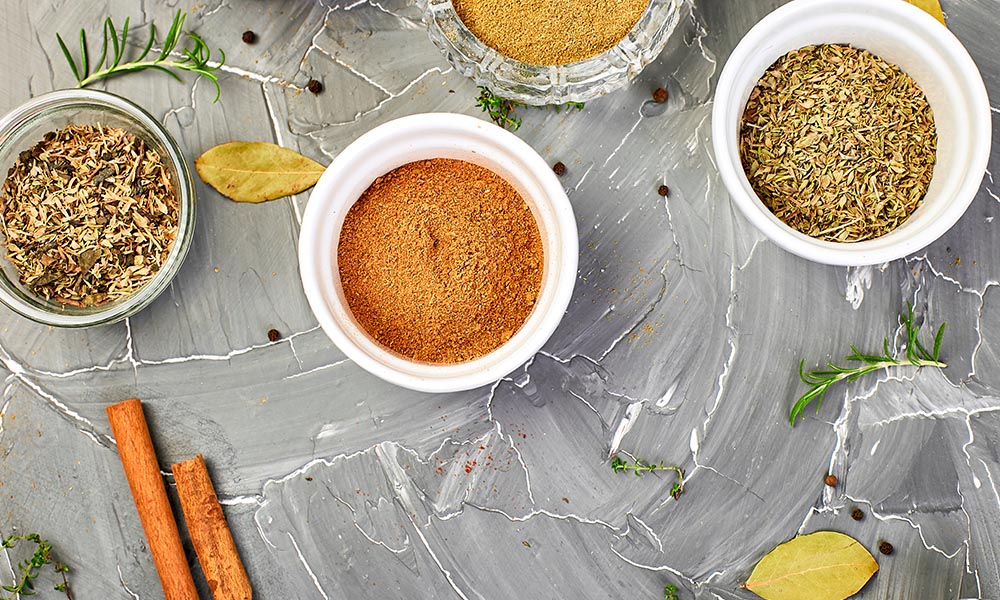

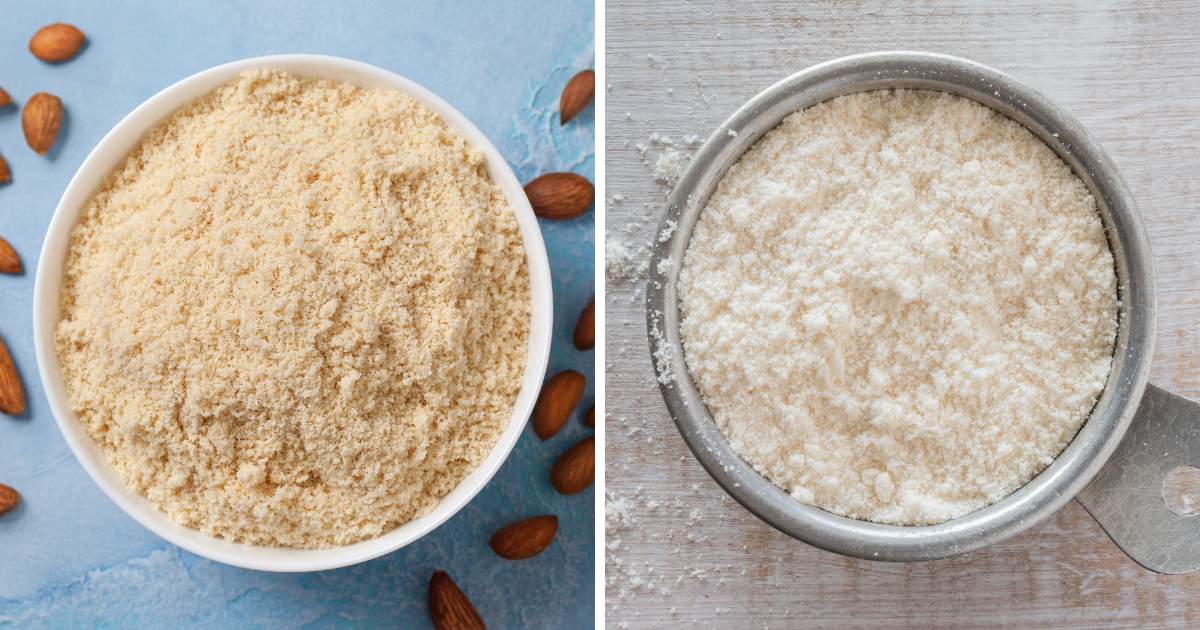


Where I live I can get unflavored gelatin for a lot more cheaply than collagen powder. Wondering if you might consider doing an article about the difference between the two? Thanks!
Thanks for the comment, Val…and the suggestion, I’ll have to think that one over. It’s a great idea!